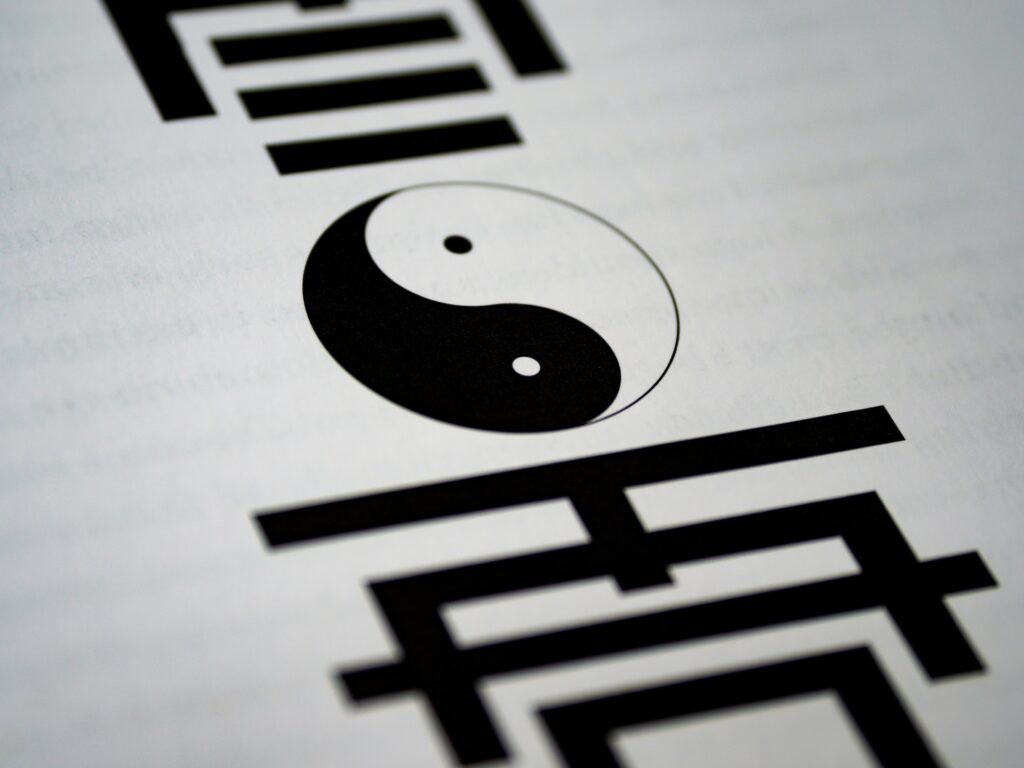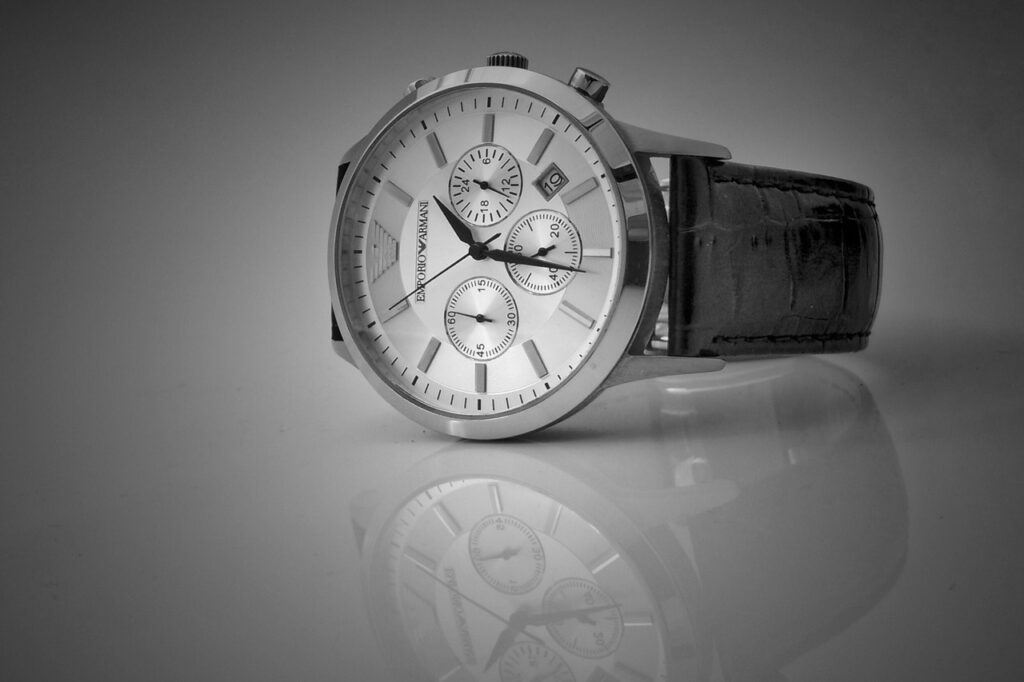The difference between 不可以 (bù kěyǐ) and 不准 (bù zhǔn)
In Chinese, both and convey a sense of prohibition or restriction, but they are used in slightly different contexts. In summary, while both and convey the idea of not being allowed to do something, is generally used in more informal settings, while is often used in a more formal or authoritative context. However, the distinction …
The difference between 不可以 (bù kěyǐ) and 不准 (bù zhǔn) Read More »










